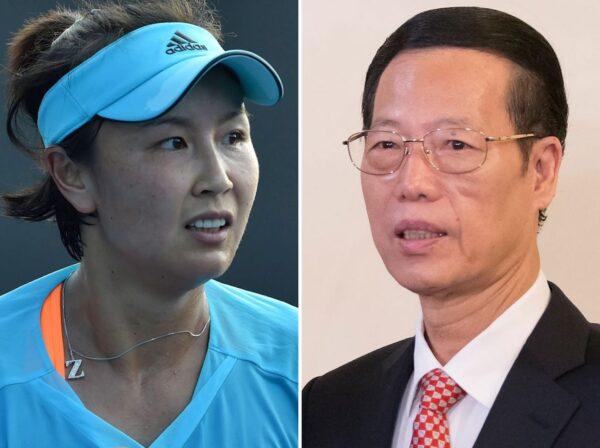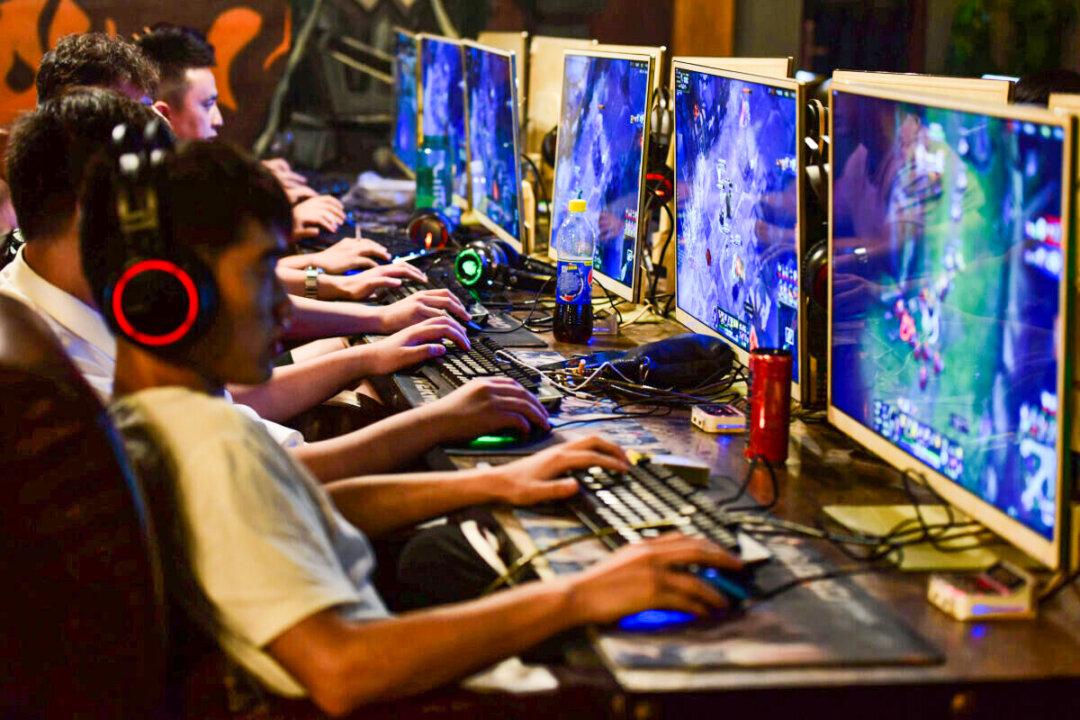China has again been ranked as the world’s worst abuser of internet freedom by a rights advocacy group, which also reported the communist regime has long sought to push its repressive model abroad.
Out of the 70 countries surveyed, the report described China’s internet as “the world’s most repressive.” The Washington-based nonprofit organization found that information about the 2022 Beijing Olympics and the COVID-19 pandemic has been heavily restricted.
Furthermore, the watchdog said the Chinese regime yielded its power over the tech industry through regulation and rules. The authorities drafted rules to punish companies that help internet users to bypass the internet firewall, according to the report.
Having successfully controlled the flow of information at home, China and Russia are turning outward, promoting a repressive cyber model with larger state controls. Researchers from Freedom House warned that Beijing and Moscow had led the efforts to reshape internet standards and rules by exploring their roles in international bodies.
Domestic Censorship
By surveying developments in human rights online between June 2021 and May 2022, Freedom House researchers found that Beijing further tightened censorship during specific times.For example, content related to women’s rights was under intensified censorship after tennis player Peng Shuai made sexual assault allegations against a retired top Communist Party official, Zhang Gaoli, on the Twitter-like platform Weibo.

Peng’s post was immediately taken down from her verified Weibo account, and she disappeared from the public eye, raising international concerns over her well-being. Peng later denied the claim when she reappeared.
The Chinese Communist Party (CCP) also launched an aggressive campaign to suppress information about the COVID-19 pandemic, especially when Shanghai residents shared their experiences amid a strict two-month lockdown that began in late March, according to the report.

Reshaping the Global Internet
Freedom House warned that authoritarian powers, like the communist regime in China, have long sought to displace the current global internet governance model with “one that promotes cyber sovereignty, or greater control by states.”The report highlighted that China has been making overtures into ITU, a United Nations agency responsible for developing and determining global standards for new technologies. ITU has been headed by Zhao Houlin, a Chinese telecoms engineer, since 2014.
As ITU’s secretary-general, Zhao calls for “a shift of control over the setting of technical standards away from multistakeholder bodies, where civil society and other nongovernmental experts have more sway, and toward the ITU itself, where only governments have input,” according to the report.
The initiative was voted down, but analysts at Freedom House noted that rebranded elements of the proposal have since reappeared in various standards bodies.

Meanwhile, the CCP morphed its annual World Internet Conference into a permanent organization in July 2022. According to the report, the body is designed to “serve as a ‘shared’ global community that would determine technical standards and governance.” Through the organization, the CCP could “promote and incentivize other governments to adopt its authoritarian model of digital control.”
“At home and on the international stage, authoritarians are on a campaign to divide the open internet into a patchwork of repressive enclaves,” Freedom House said in the report. “More governments than ever are exerting control over what people can access and share online by blocking foreign websites, hoarding personal data, and centralizing their countries’ technical infrastructure.”
“As a result of these trends, global internet freedom has declined for a 12th consecutive year.”




